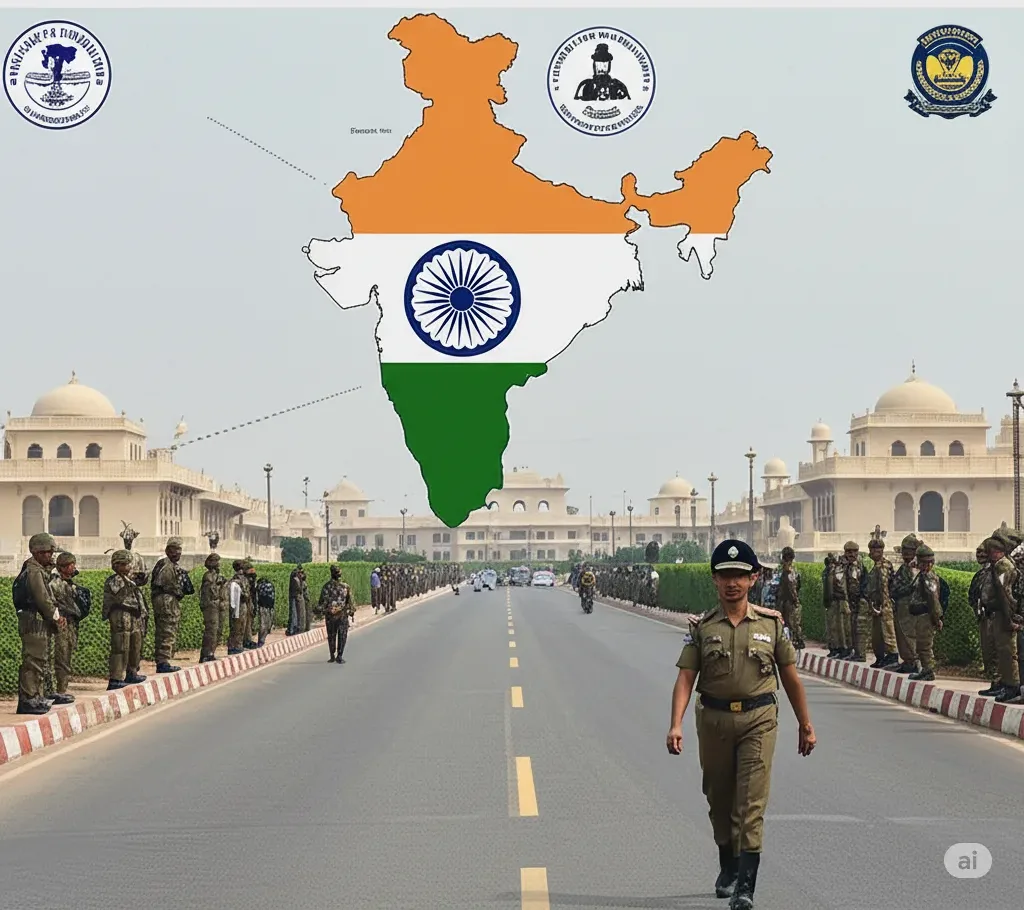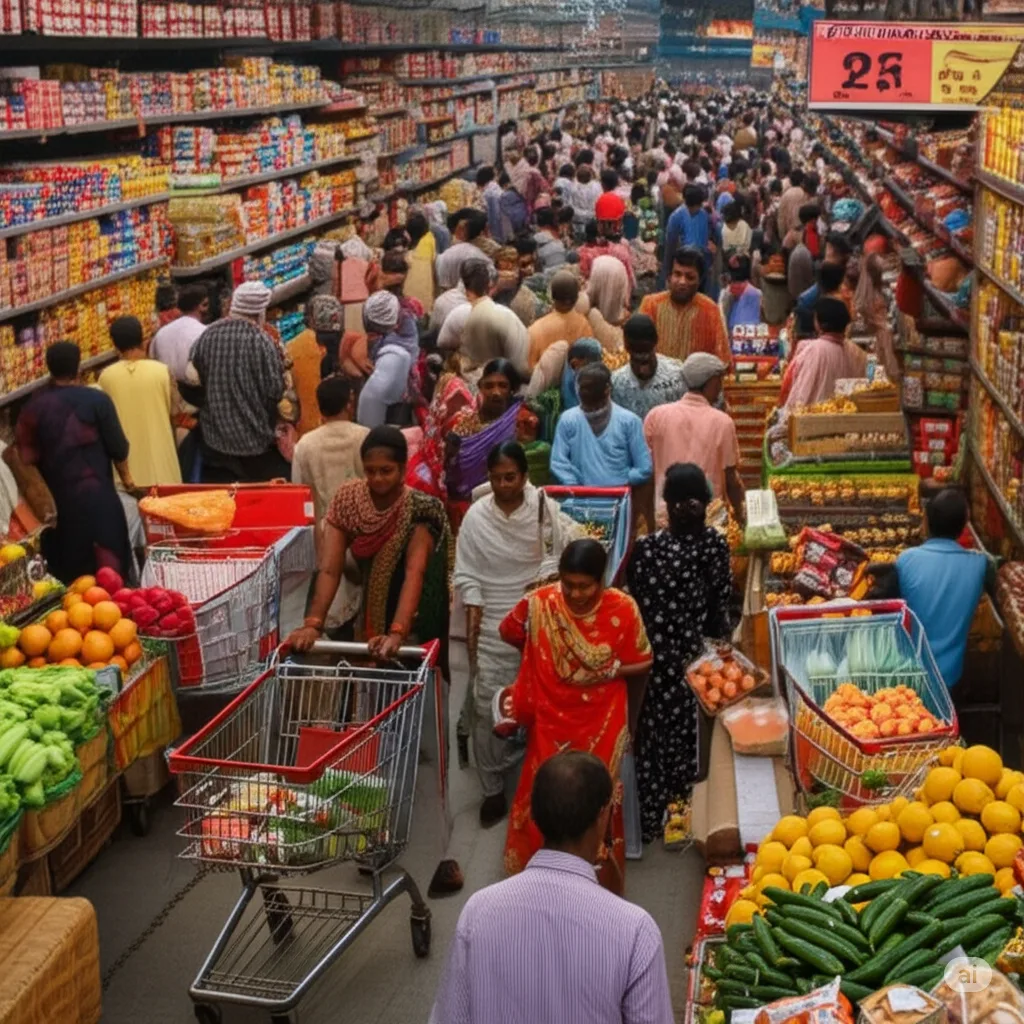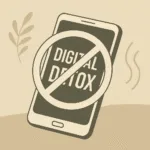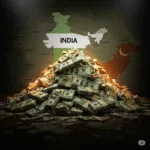“Preparedness is the antidote to panic.”
— Dr. Tedros Adhanom Ghebreyesus, WHO Director-General
As the situation between India and Pakistan continues to escalate in 2025, many citizens find themselves uncertain and anxious about what to do. In times like these, misinformation spreads fast, and panic can create more harm than help. Global health bodies like the World Health Organization (WHO), along with India’s National Disaster Management Authority (NDMA) and local authorities, offer clear and rational guidelines on how civilians should respond during acts of war or national emergencies.
Here’s what you actually need to do—calmly, wisely, and responsibly.
Table of Content
- Stay Informed from Reliable Sources
- Do Not Panic Buy or Hoard Essentials
- Keep an Emergency Go-Bag Ready
- Know Where the Nearest Shelters Are
- Support Mental Health for You and Your Family
- Prepare for Communication Blackouts
- Avoid Spreading or Sharing War Content
- Engage in Community Vigilance and Support
- Listen to Evacuation or Curfew Orders Without Debate
- Have Faith in Preparedness, Not Fear
Stay Informed from Reliable Sources
Continue reading ⤵

In any conflict situation, information is power. But only if it’s accurate.
- Follow official channels like PIB (Press Information Bureau), NDMA, local administration updates, and Ministry of Defence briefings.
- Turn to global sources like WHO, Red Cross, and UNHCR for health and humanitarian guidance.
- Avoid WhatsApp forwards, unverified YouTube videos, or social media rumors that often escalate fear and misinformation.
🔔 Tip: Set notifications only for trusted apps like the MyGov app, local district alerts, or government Twitter handles.
Do Not Panic Buy or Hoard Essentials

One of the most important guidelines issued by WHO and national governments during emergencies is not to panic buy or hoard.
- Hoarding creates artificial scarcity, driving up prices and denying access to others—especially the vulnerable.
- Supply chains are often managed during conflicts by the government and military, and essential goods are prioritized.
🛑 Please avoid stockpiling items like rice, wheat, medicine, fuel, or bottled water beyond a week’s reasonable use. Your neighbor also needs to survive.
Disclaimer: As an Amazon Associate, we may earn from qualifying purchases. This helps support our free content, at no extra cost to you.
Keep an Emergency Go-Bag Ready
A “go-bag” or emergency kit is a small backpack with necessities that can support you for 24–72 hours in case you need to relocate suddenly.
Here’s what to include:
- ID proofs (Aadhaar, PAN, Voter ID)
- Essential medications
- A basic First-aid kit 🛒 Available on Amazon – First-aid kit
- A Torch Rechargeable 🛒 Available on Amazon — Torch
- Small packets of dry food 🛒 Available on Amazon— Energy Bars
- Power bank 🛒Available on Amazon — Power bank
- Some cash and copies of important documents
- A bottle of clean water
🧳 Pro tip: Keep one bag per family member, and place it near the exit of your home.
Know Where the Nearest Shelters Are
During acts of war, especially in border regions or major cities, authorities may activate designated community shelters or bunkers.
- NDMA, district administration, or local police often publish maps or send SMS alerts regarding these locations.
- Familiarize yourself with the nearest hospital, shelter, and emergency services in your area.
🗺️ If you live in a metro city, locate your nearest metro or underground structure, as they may be temporarily used for protection in worst-case scenarios.
Support Mental Health for You and Your Family
War or the threat of war creates psychological stress—not just physical disruption. WHO recommends paying serious attention to mental well-being during crises.
- Talk to your children honestly but gently. Don’t hide the news, but also don’t dramatize it.
- Avoid watching violent news footage repeatedly.
- If anxiety becomes unmanageable, reach out to mental health helplines or tele-counseling services like iCall or NIMHANS’ toll-free numbers.
🧠 A calm mind helps make sound decisions, which can save lives.
Prepare for Communication Blackouts
Sometimes, internet or mobile services may be temporarily blocked for security reasons.
- Pre-arrange a family meeting point if communication fails.
- Write down key phone numbers on paper, not just your phone.
- Install offline maps and learn how to use SMS-based location services.
📵 Being digitally prepared is just as important as physical preparation.
Avoid Spreading or Sharing War Content
Reposting videos of missiles, troop movement, or air sirens can:
- Reveal sensitive locations
- Spread unnecessary fear
- Violate wartime media regulations
Even sharing such content with good intentions could be considered illegal or irresponsible.
🧯 Stay alert. Not viral.
Engage in Community Vigilance and Support
Times of national distress are when society needs to work as a collective.
- Keep an eye out for elderly neighbors or those living alone.
- Form small community support groups to distribute essentials or offer transport if needed.
- Do not discriminate against people based on religion, region, or language. The nation’s strength lies in unity.
🤝 As WHO puts it: “In every emergency, community solidarity saves more lives than any single intervention.”
Listen to Evacuation or Curfew Orders Without Debate
If the local administration announces a curfew, shelter-in-place, or evacuation order, follow it. Do not question or challenge it on social media.
- Keep your vehicle fueled and ready.
- Carry only essential items when moving.
- Cooperate with law enforcement and military personnel.
🚨 Remember, they’re trying to keep you alive—not inconvenience you.
Have Faith in Preparedness, Not Fear
India is a country with a robust military, intelligent leadership, and a history of handling crises with resilience. The WHO emphasizes preparedness over paranoia in all emergency guidance.
- Be alert, not alarmed.
- Be informed, not influenced.
- Be prepared, not panicked.
🕊️ The best thing you can do for your family and your nation is to be a calm, responsible, and aware citizen.
“Sharing is caring! Share this article to spread the word“




























Leave a Reply